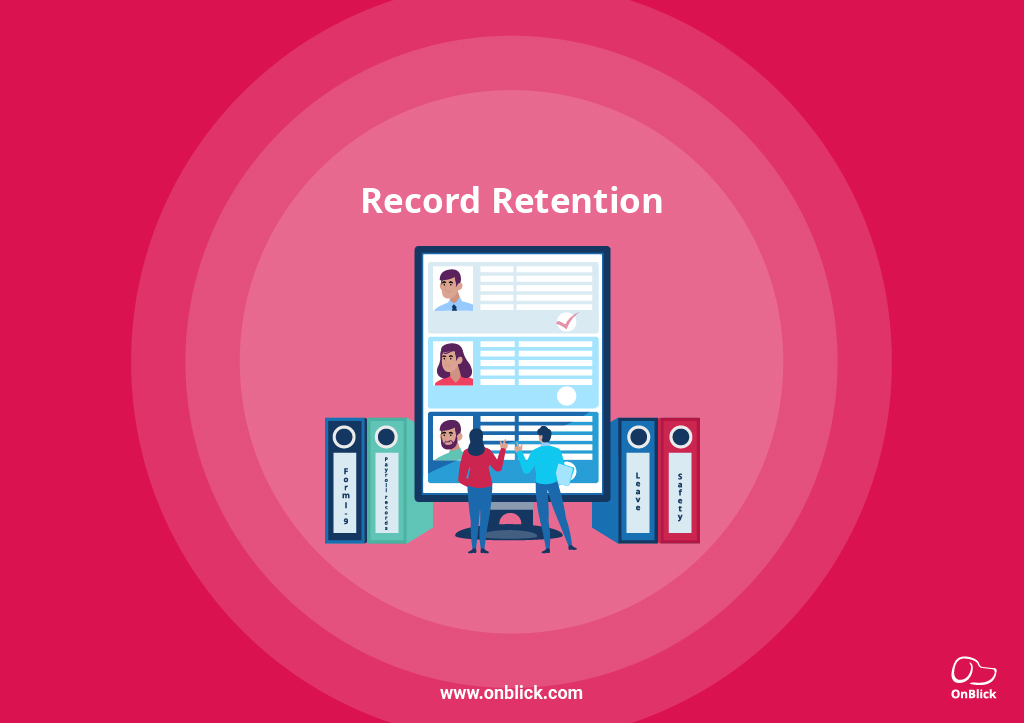Employee and labor relations play a key role in strengthening the employer-employee relationship. It is vital to provide employees with an environment that encourages empowerment and amplifies growth. When office management can create an impactful workplace, they build a healthy work environment that nurtures innovation.
In this blog, we will examine employee and labor relations benefits and how they can be applied in the workplace.
What are Employee and Labor Relations?
Employee and Labor Relations are two separate aspects of Human Resources and they focus on entirely different areas of the employee-employer relationship.
Employee relations refer to managing the relationship between employees and their employers. It involves promoting job satisfaction and motivation, developing programs that will boost morale and enhance engagement, and addressing any concerns the employees may have regarding their jobs or benefits.
Meanwhile, Labor relations refer to managing relationships between employers and labor unions. It focuses on issues such as union agreements, collective bargaining, and other labor disputes.
Understanding the relationship dynamics between employees and employers is crucial for fostering a positive workplace culture that encourages growth and innovation.
Advantages of Strong Employee and Labor Relations
1. Commitment to the Organization
When employees feel valued and their efforts are recognized, their performance sees remarkable growth as they are driven by sincere commitment and determination. Employees who are well-regarded at work are likely to stay loyal to the organization. Their loyalty not only strengthens the company’s image but helps draw more skilled workers.
2. Improvement in Employee Motivation
Good relations within the company motivate the employees to work hard. If they feel satisfied with their environment and achievements, they are inclined to make efforts to improve themselves. Motivated employees are great team members, encouraging their peers to do better. Appreciations from their leaders and colleagues also motivate employees toward their tasks.
3. Employee Retention
The employees should feel valued for their skills and their work. Even if they are unsatisfied with their work, a healthy work environment greatly incentivizes employees to stay in the company. Research indicates that 96% of employees believe that showing empathy and appreciation are key factors in improving employee retention.
Additional employee benefits such as bonuses, regular appraisals, and upskilling offered by a firm may urge the employees to stay loyal to the company. The cost of recruitment and training can be reduced if companies invest in the retention of employees.
4. A Healthy Office Culture
Healthy workplace culture is highly dependent on how the employees are treated in the company. If the employees feel that their leaders do not treat them equally, it may lead to workplace conflicts.
Discrimination, harassment, or biased treatment of employees makes them feel unvalued and insecure about their work. The employees must have a good relationship with their employers concerning their personal and professional lives. Employers can solve workplace conflicts by investigating and resolving them quickly, fostering their relationships.
5. Increased Revenue
Enhanced labor relations result in improved work productivity and work profits. It also plays an important role in customer retention. When the employees feel satisfied with their work, they pay attention to the needs of the clients, resulting in a positive customer experience. Engaged employees are more committed to their tasks and this growth can bring better output and revenues for the company.
6. Better Focus on Organizational Goals
Employee relations promote their need to achieve the goals of their organization with more vigor. Workers familiar with their company’s long-term goals, are more efficient in their tasks and focused on how they need to achieve those goals. A sense of purpose motivates them to enhance their skills to accommodate the goals.
7. Improved Reputation
Toxic work culture is a prevalent issue and its effects have become more visible than ever. From ineffective communication to lack of appreciation and motivation, these factors negatively affect the employees to a great degree. Companies that provide employees with an environment that fosters growth and caters to their needs tend to have a significantly better reputation and this positive image will help you retain and attract the best talent.
8. Higher Workforce Satisfaction and Dedication
Good employee-employer relationships result in higher job satisfaction and enhanced morale. Employees excel when their efforts are genuinely appreciated and recognized. A positive employee-employer relationship motivates them to bring their best to the team and strive for excellence.
Practices that Promote Labor Relations
HR professionals can follow these best practices to improve their employee and labor relations:
i. Present the Employees with the Company Goals
Ensure that the employees understand their responsibilities and share in the company’s long-term vision. A strong connection to a greater goal fosters a sense of purpose and importance in their work.
ii. Encourage Open communication
It's vital to have transparent and direct communication with the employees to help them understand their tasks. Providing room for open dialogue helps them clarify their responsibilities, allowing them to align their individual goals with the company's vision.
iii. Place your Trust in the Employees
Instead of being aware of every move of your workers, trust them with their work and provide them the liberty to make their decisions. Guide them about what their work is and what is expected of them, to make sure they meet their work objectives.
iv. Invest in Your Workforce
One can express their care for their employees by providing them with the right tools and guidance about their work tasks. A well-trained team performs more efficiently and is more productive in solving complex problems. According to a recent study, employers who prioritize and invest in the ongoing development of their workforce experience 11% higher profitability and are more likely to retain their employees. Companies can invest in their learning and development departments, employee wellness programs, and mentoring programs to improve the skills of their workforce.
v. Monitor Feedback
It is crucial to identify and address certain gaps and rectify them as they might go unnoticed in normal conversations but can affect the relationships between employers and employees in a major way.
Monitoring feedback helps understand various challenges such as miscommunication, dissatisfaction with the job, or workflow inefficacies. Focusing on these issues will strengthen the dynamics of the employer-employee relationship and contribute to the improvement of overall employee behavior.
Summing Up
This article has discussed employee and labor relations in detail. Cultivating positive relationships among employers and employees leads to well-developed labor relations in an organization. A positive workplace is always driven by authentic commitment and dedication which highly influences the performance of the employees.
Strengthening the employee-employer dynamic also improves employee engagement and helps create a positive brand image that supports employee retention and attracts top talent. By investing in the workforce, actively seeking feedback, and fostering genuine trust, organizations can enhance performance, cultivate loyalty, and build a thriving workplace culture.

.gif)

.png)
.png)











